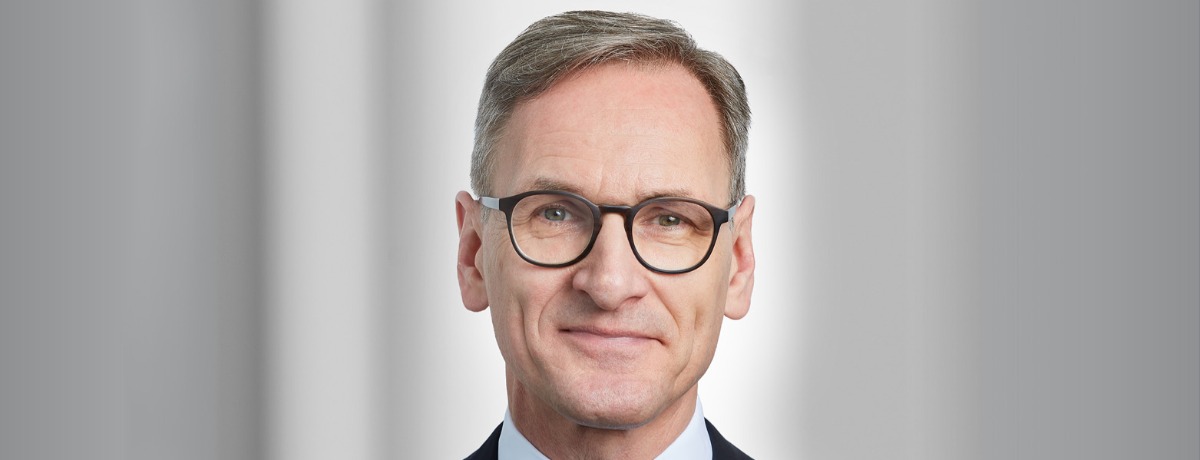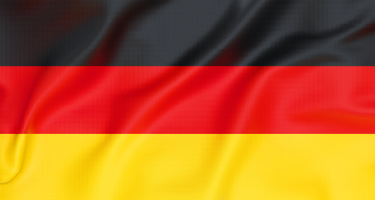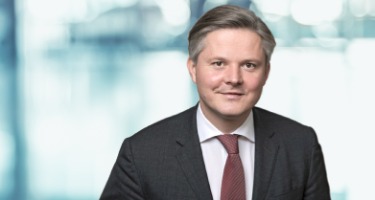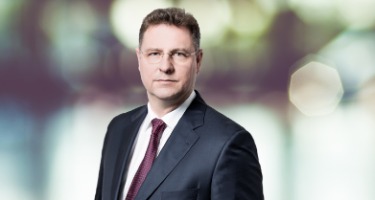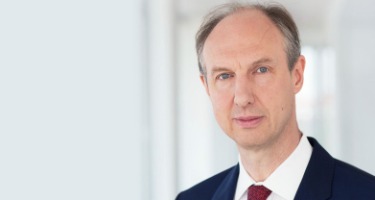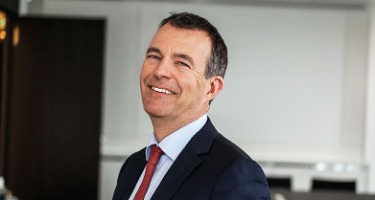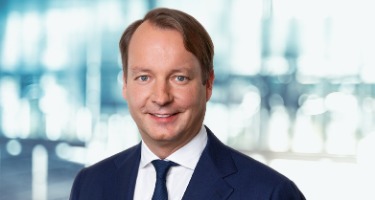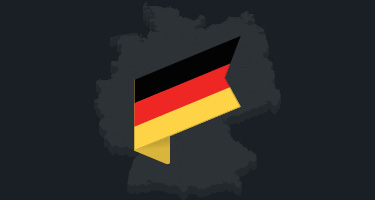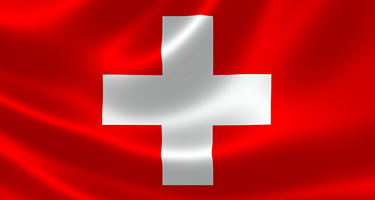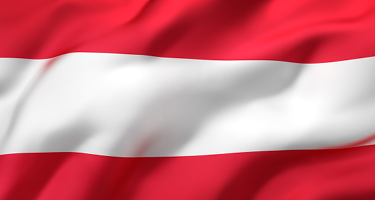For Rainer Krause of Hengeler Mueller, a 2019 “Law Firm of the Year” recipient for Corporate Law in Germany, teamwork and collaboration are the secrets to any firm’s success. In a conversation with Best Lawyers CEO Phillip Greer, Krause discusses the landmark cases of his career and offers insights to Hengeler Mueller’s unique training strategy for incoming associates.
Phillip Greer: What inspired you to focus your expertise on this area of corporate law?
Rainer Krause: When you consider what corporate law is about, you realize it’s often the tension between majority and minority. This can translate into procedural safeguards and certain unalienable rights for minorities, as in big picture politics. I also like the combination of law and economics, as well as the friction between what is doable in terms of power, of competence, and what is the right thing to do in terms of ethics. It’s probably about how to reconcile all these sides that inspired me, and continues to inspire me.
What achievements are you most proud of from this past year?
We saw significant assignments for Hengeler Mueller last year. Most notably the assignment by Linde for its merger with Praxair. Another example is advising Metro, which is a leading company in the wholesale and food retail sector, on its demerger into a wholesale and food specialist and an enterprise focused on consumer electronics. And we assisted in transactions that redefined the German energy market, such as the integration of former parts of RWE by E.ON, each a significant German energy utility provider, or—another headline transaction—the public takeover offer for Uniper by Fortum. In this transaction, we acted on the Finnish side for Fortum. All these matters were complex, required smooth execution and were international in terms of scope and implementation. Other highlights in our corporate and M&A practice included an unsolicited public tender offer for Murray and Roberts, an engineering and construction group in South Africa. Then the IPO of the Austrian bank BAWAG raising two billion euros. And finally, the acquisition of Petrol Ofisi in Turkey for our long-term client, Vitol. In these matters in Austria, in South Africa, and in Turkey, we acted as international legal counsel, structuring, managing, and executing in jurisdictions other than Germany.
Are there one or two landmark cases that you have been a part of since you've been at the firm?
One case I have already mentioned briefly, which is the acquisition of a 46 percent stake held by E.ON in Uniper, where we acted for the acquirer Fortum, and the voluntary takeover offer submitted to the Uniper shareholders in 2017. Uniper had emerged from a spin-off of the conventional power utility business and global energy trading activities from E.ON, which was part of a larger transformation process on the E.ON side. Uniper had been a listed company only for a year or so when the acquisition of Fortum became public, which proved to be challenging in many respects. One of my earlier, formative transactions, when I was a senior associate on the verge of partnership, was the DaimlerChrysler merger. It was one of the first cross-border mergers, truly international, with dual listings, multiple law firms and a number of challenges and waters unchartered—at least it felt this way from the point of view as a young professional. A third landmark transaction was acting for Deutsche Telekom on the reintegration of their internet access business, T-Online, which was one of the major capital markets transactions at that time, back in 2004 or 2005.
Are there any attorneys at your firm who stand out within the ranks?
It is the team! Within the team, there are always individuals who are pivotal in winning an assignment, others who are instrumental in getting the transaction closed, and there is support from all sides. Beyond that, we can build on the legacy of cases and transactions of the past which are a source of know-how, experience, and inspiration. Our brand and reputation may help as well. But as I said, it's the blend, it's the collaboration, it's the team. I would always give you this answer.
What does your firm do to support both upcoming practicing attorneys, or senior partners?
Training is key. Training sessions are an essential part of our routine. To give one example, all incoming Hengeler Mueller associates are automatically registered at the University of St. Gallen, which is the European standout for economic training, both in studies and graduate programs. We have designed a five-year program, tailored exclusively for our associates, focusing on the law as it is applied, needed and practiced in the real world. Apart from law, our associates study economics and a broad range of soft skills.
On completing this five-year program, our associates receive a diploma of advanced studies, which is equivalent to 50 percent of an executive MBA. So that's quite an impressive undertaking. By now, other firms have begun to replicate this idea of formal training but I think we were the first ever in this respect in Germany. Of course, on-the-job training is also another pillar within Hengeler Mueller. It often takes extra time, and effort, but training top talent on the job is key for our strategy. It's all part of the genetic code of Hengeler Mueller.
Why do we do that? Because it takes more than the law to make a good lawyer. We are committed to absolute standards of service to our clients. We want our lawyers to understand the way our clients think, to see the broader context, and also to be fully aware of the consequences of what we contribute. That's why we like the training part. Our lawyers are wonderfully talented, so it's fun working together and seeing top young talent thrive, helping them to think big and think better. As an old proverb goes, "Quality is not an act, it's a habit."
